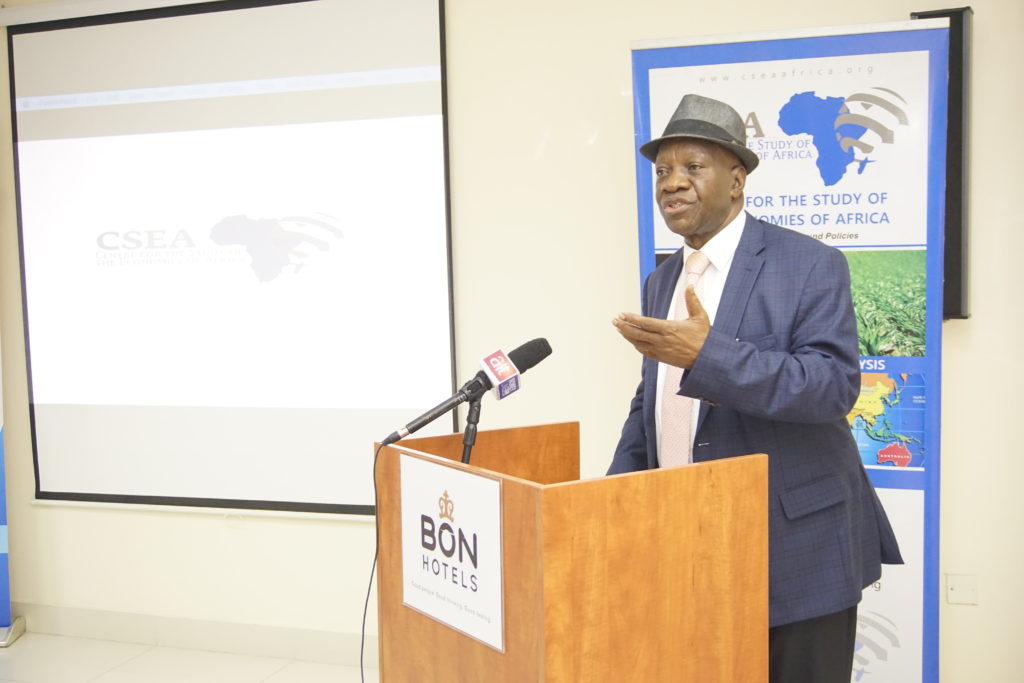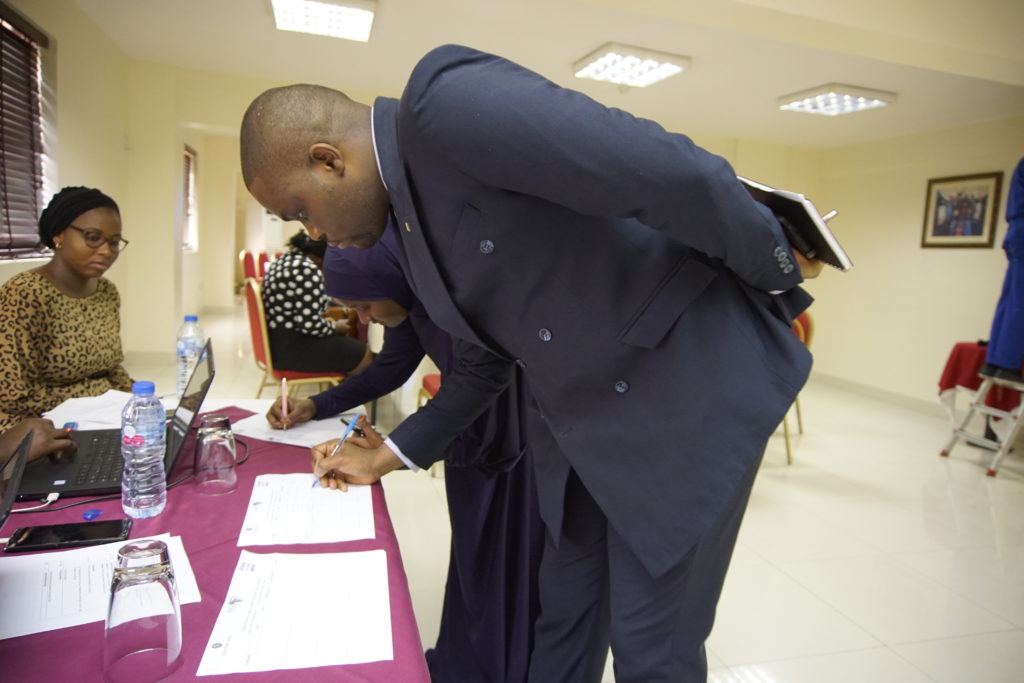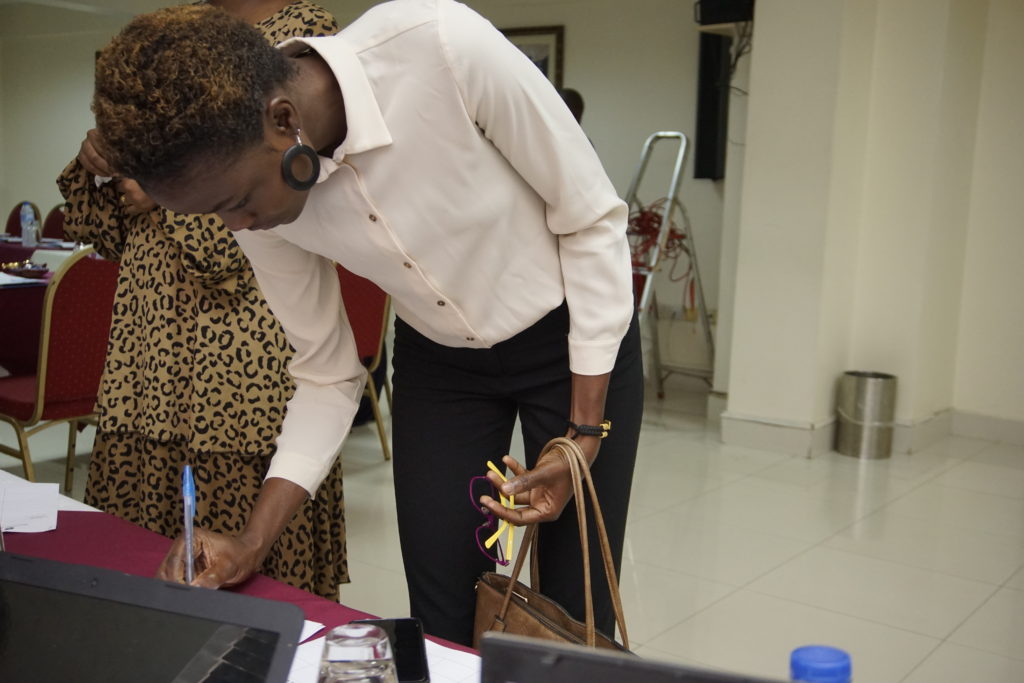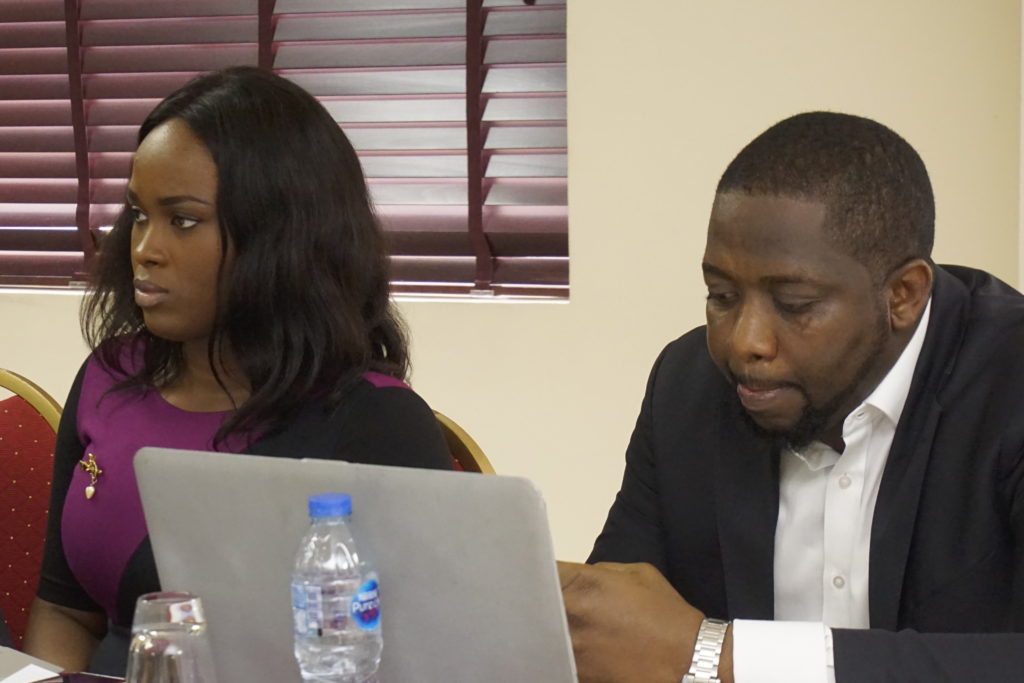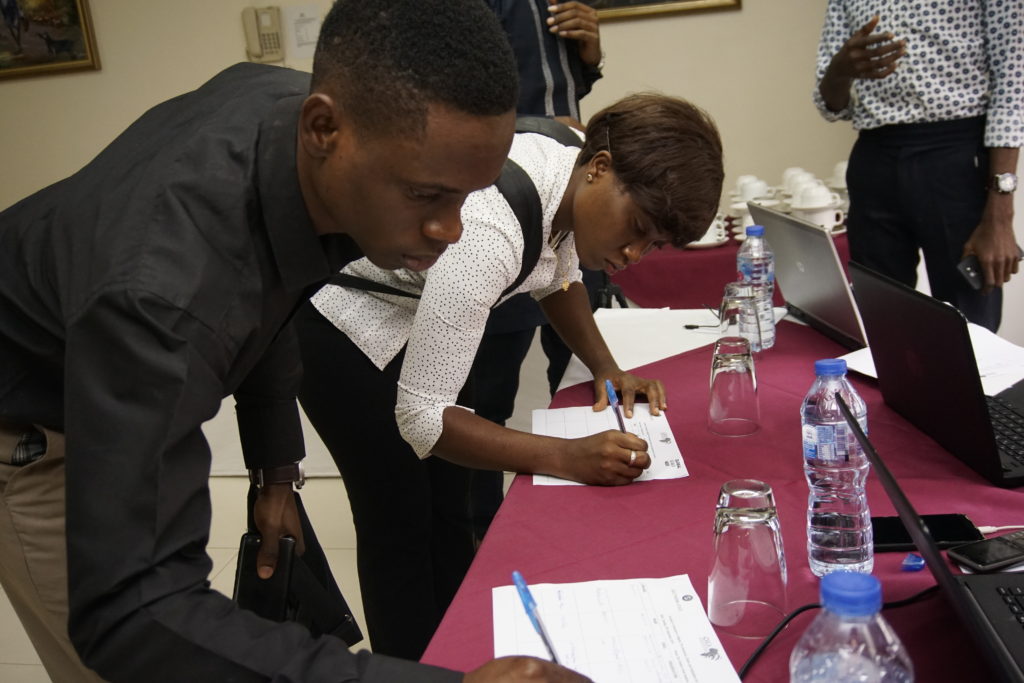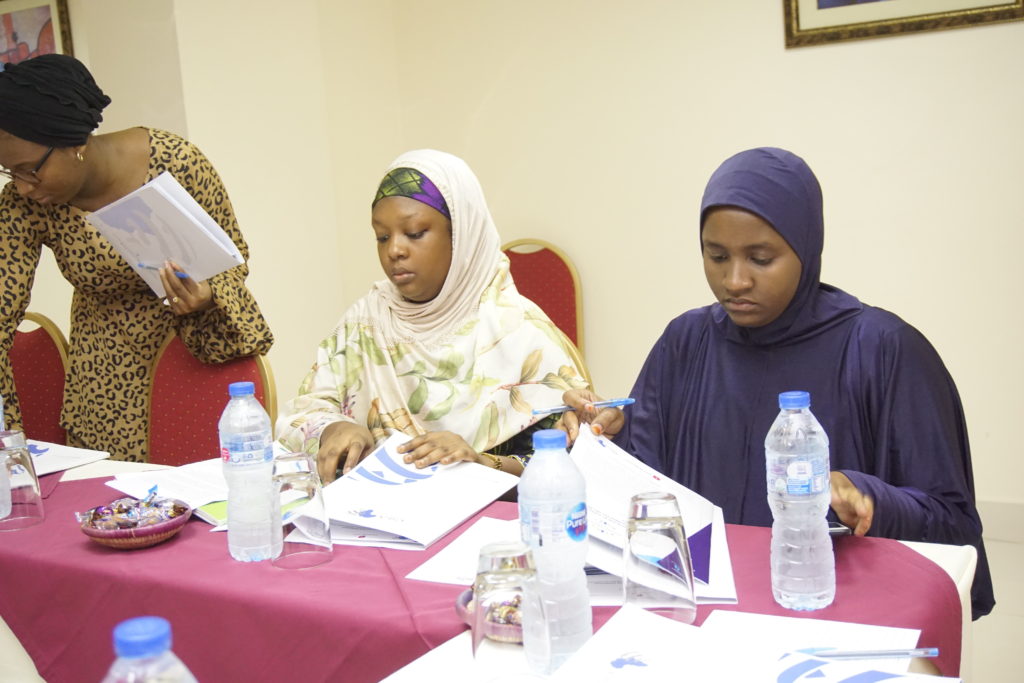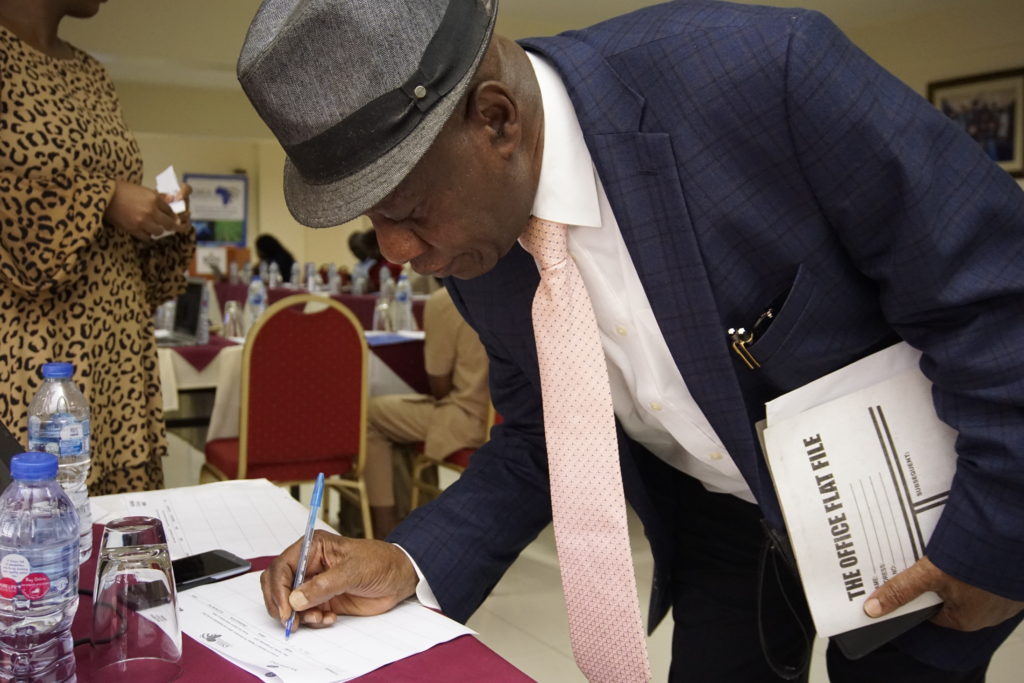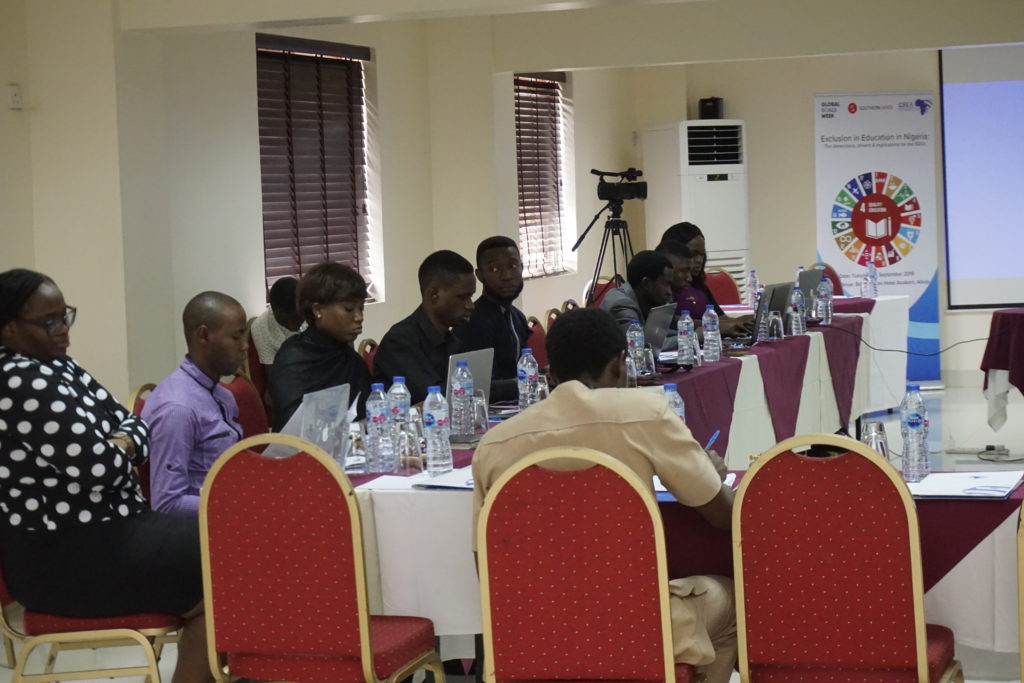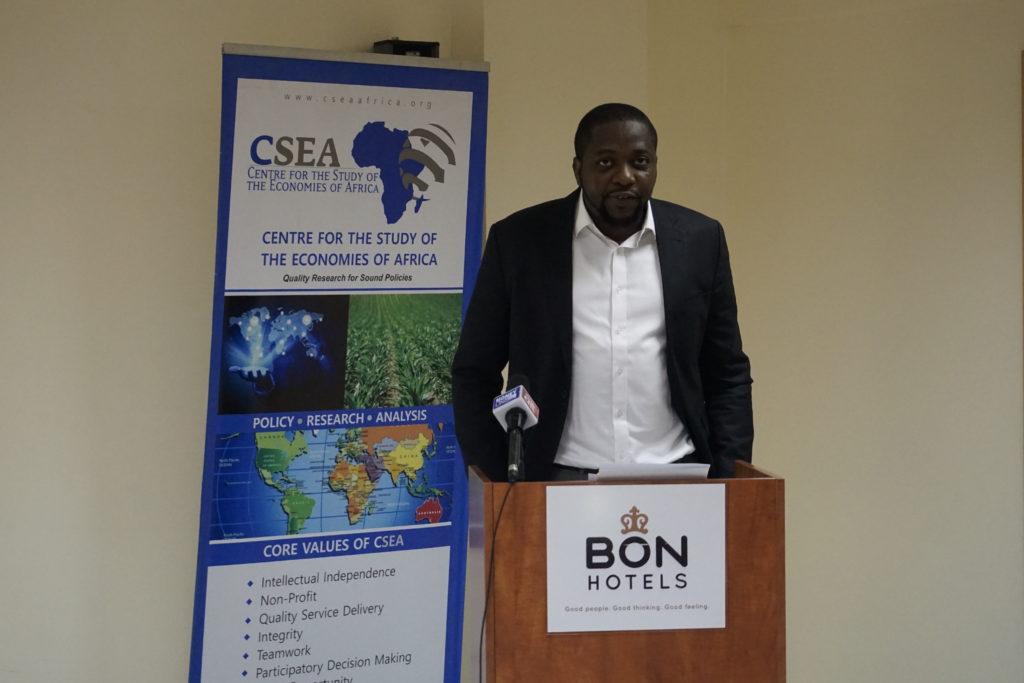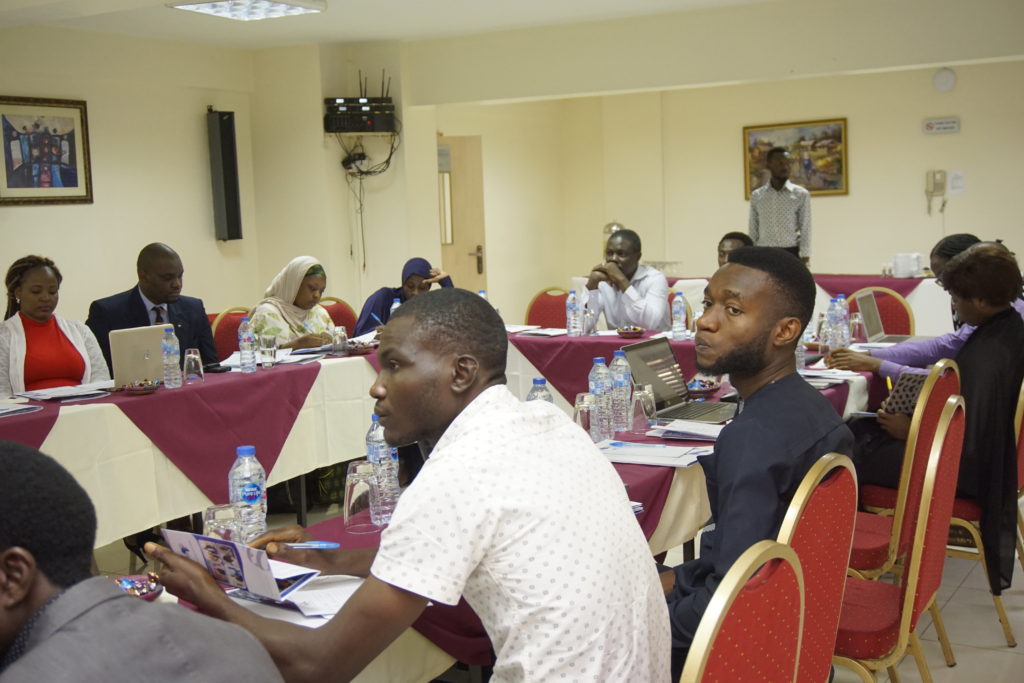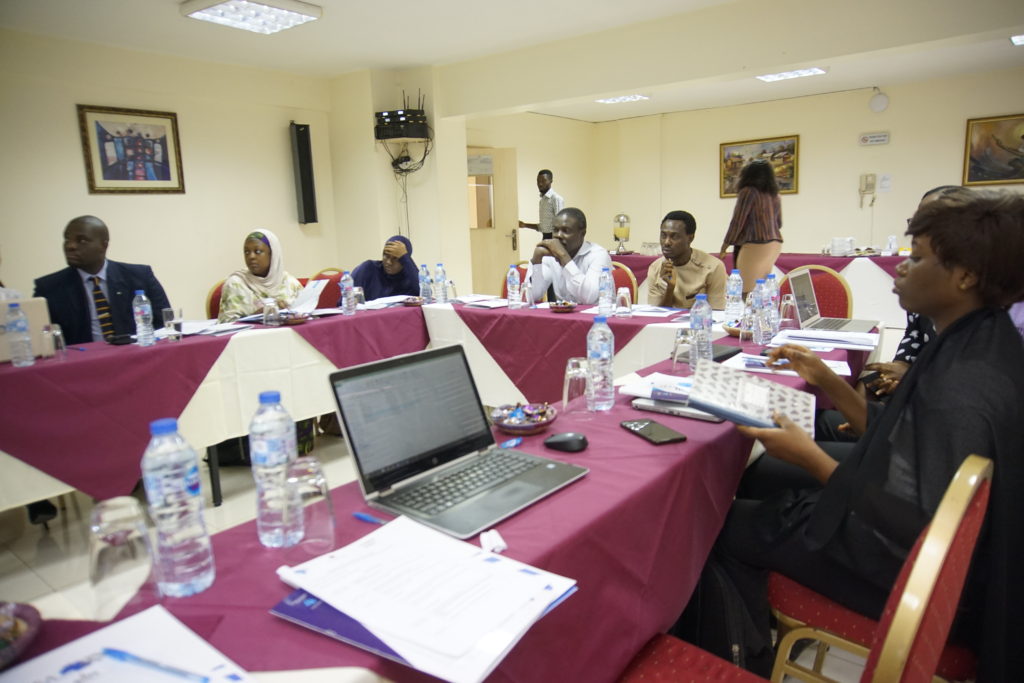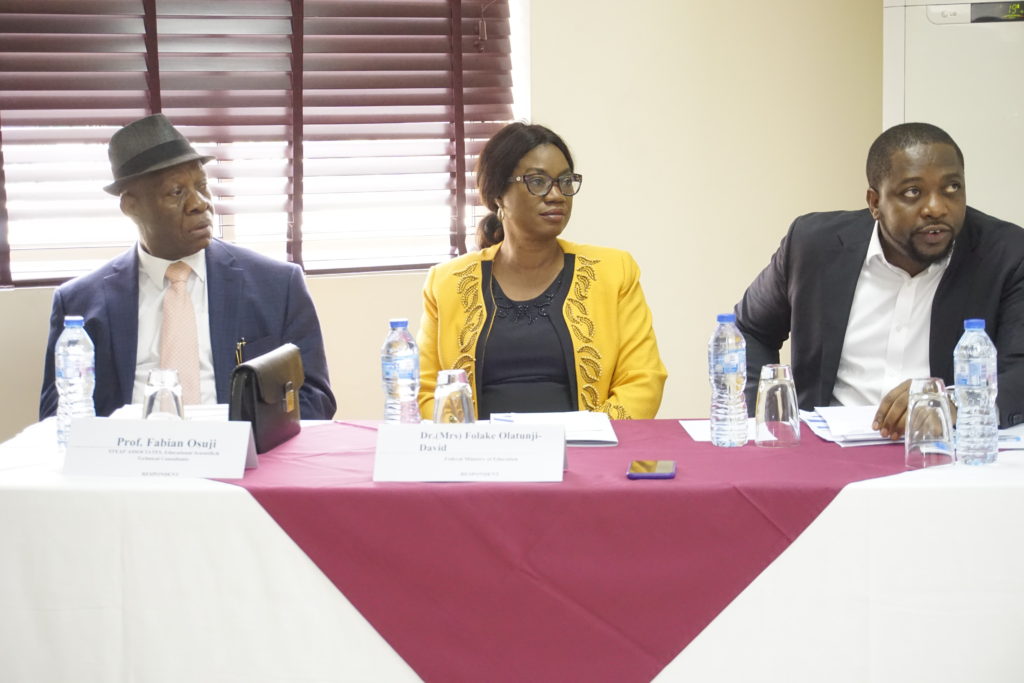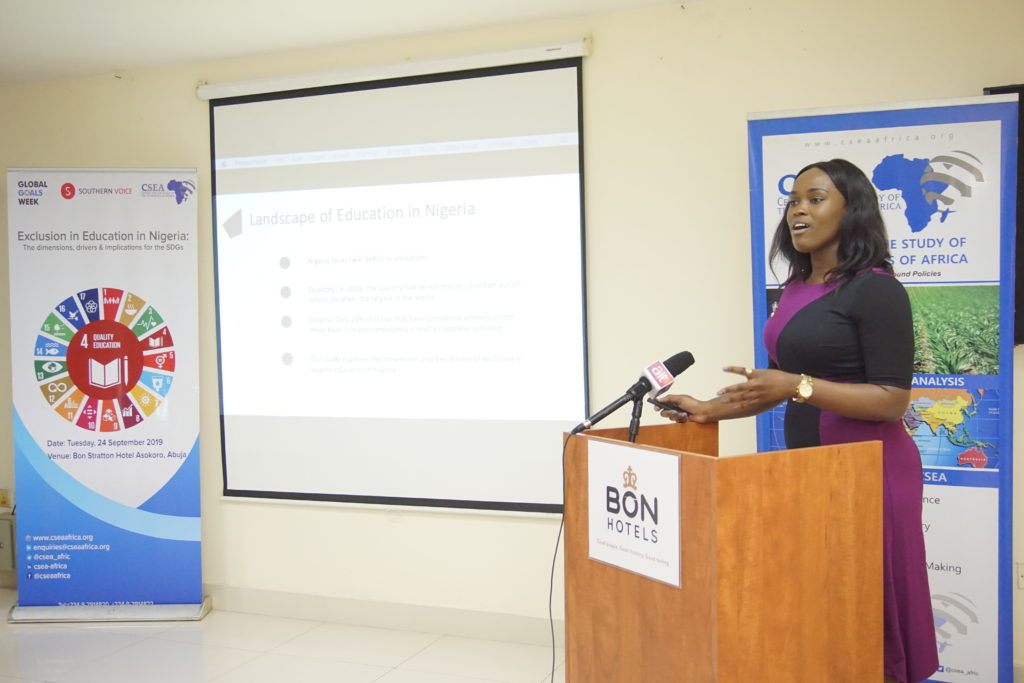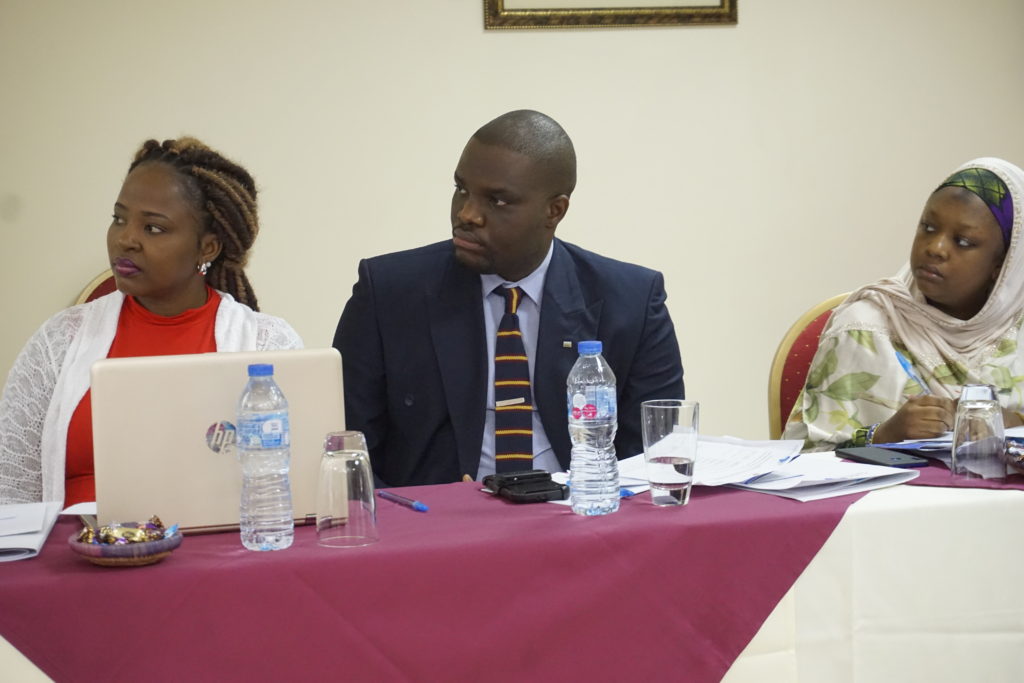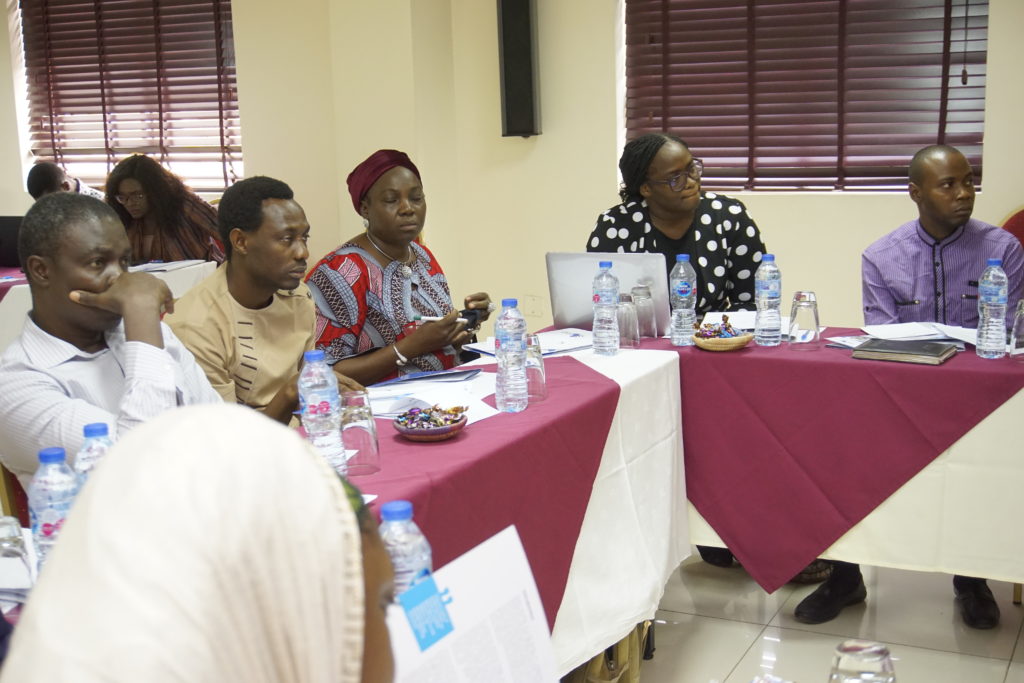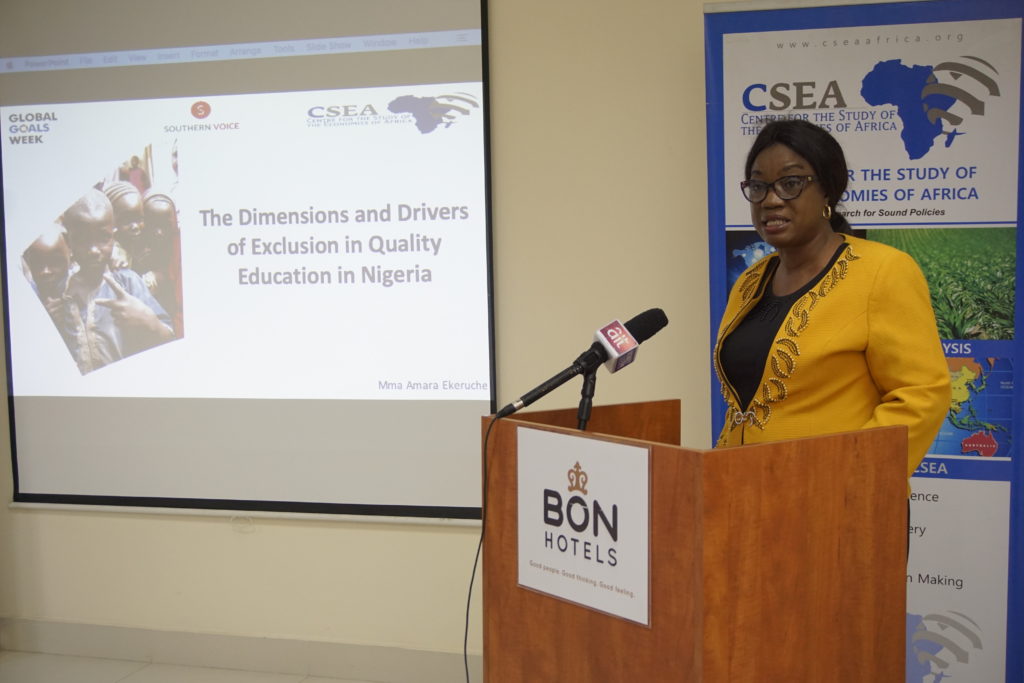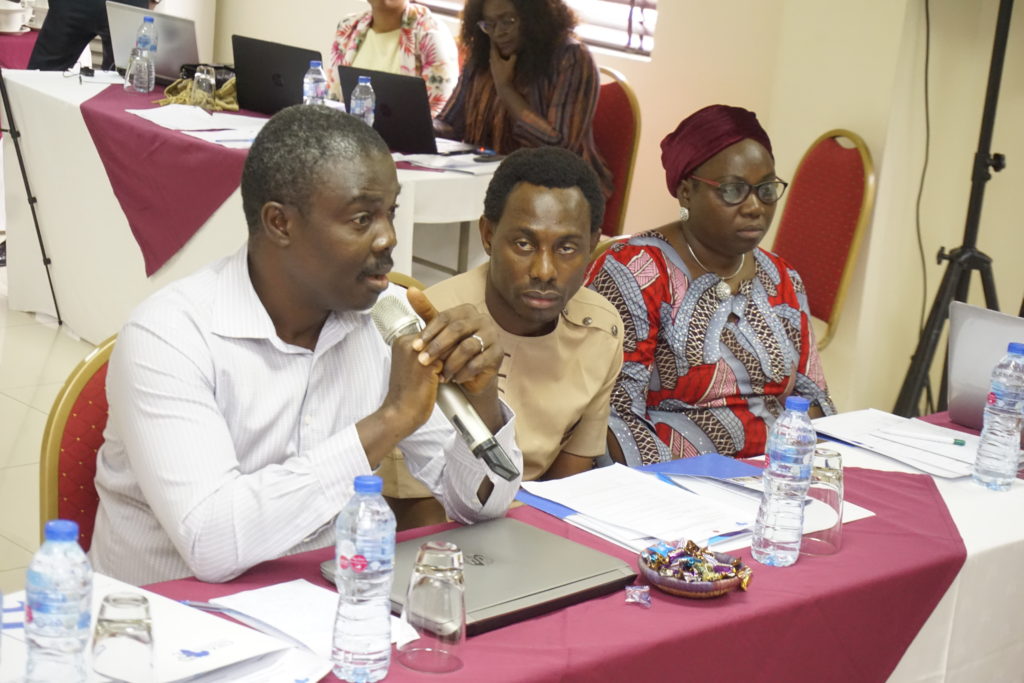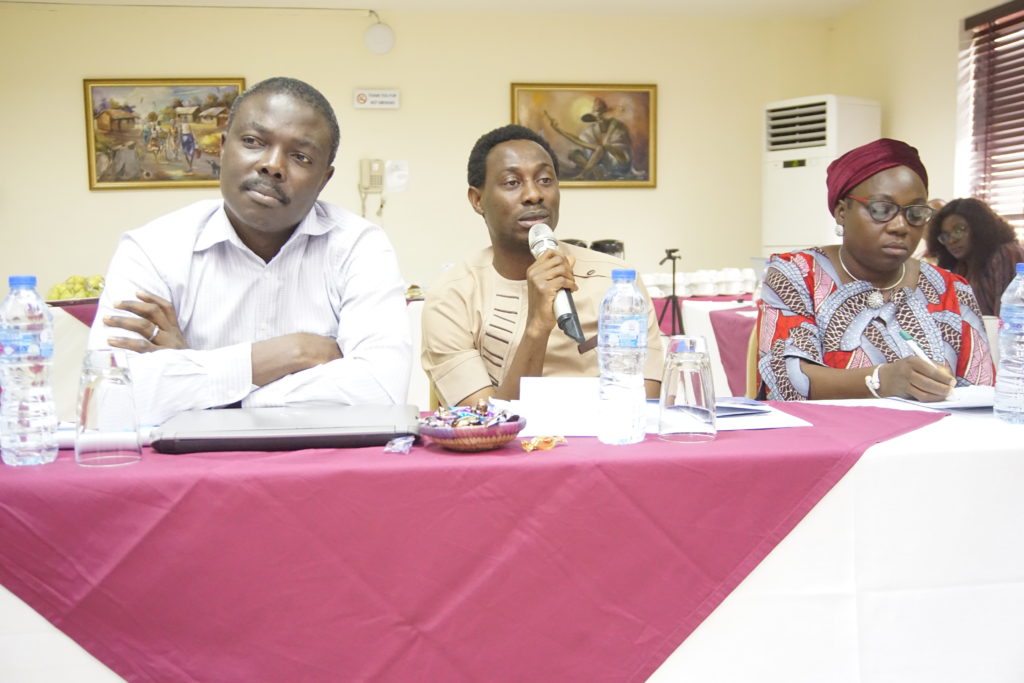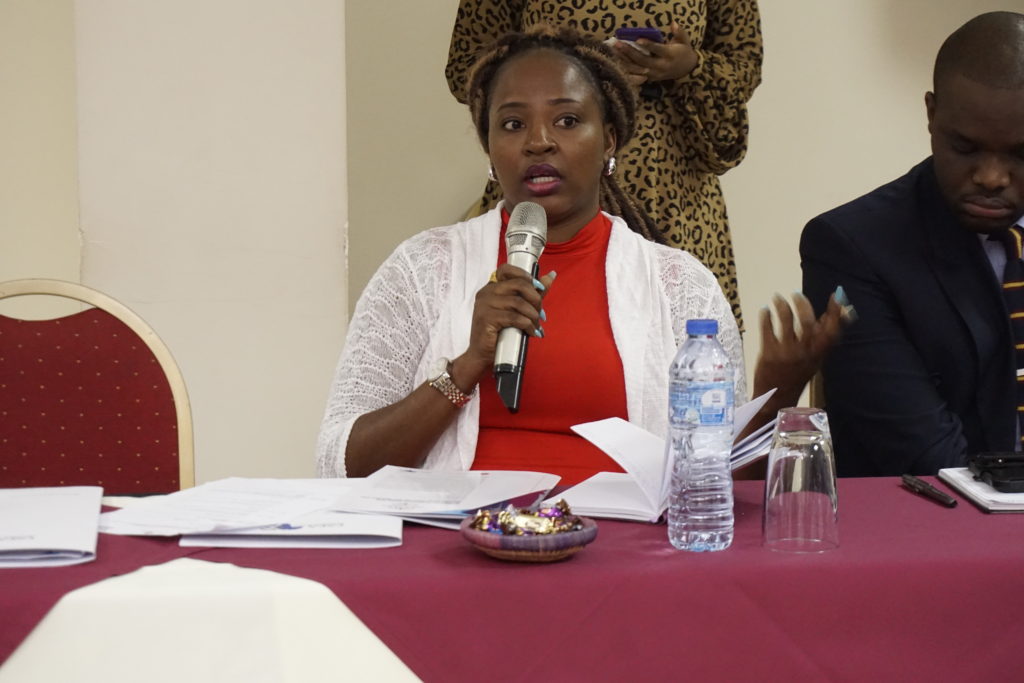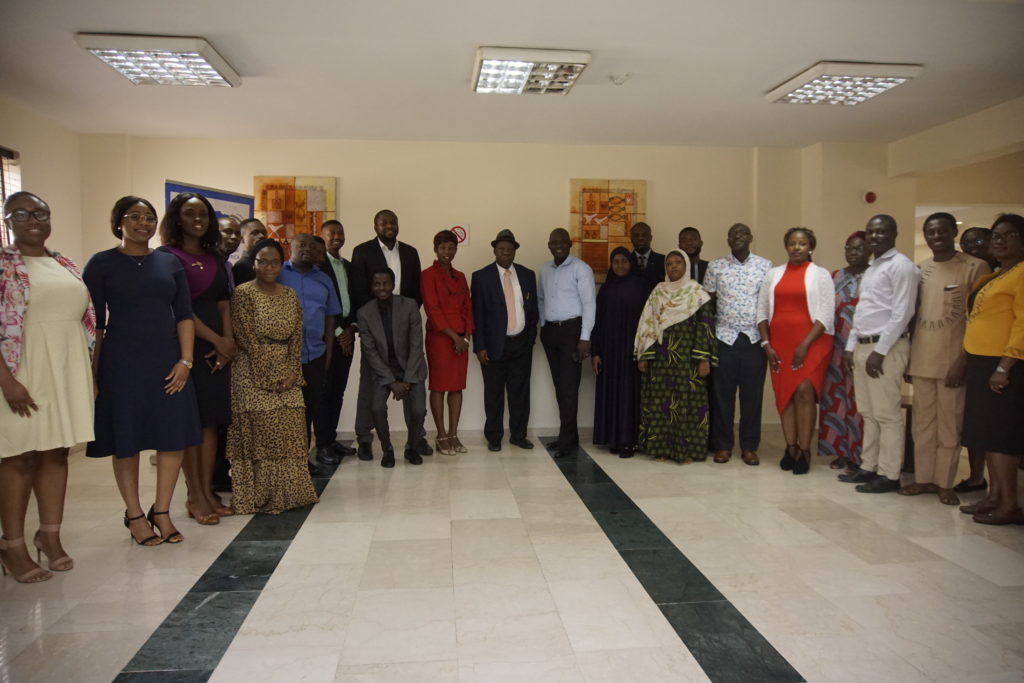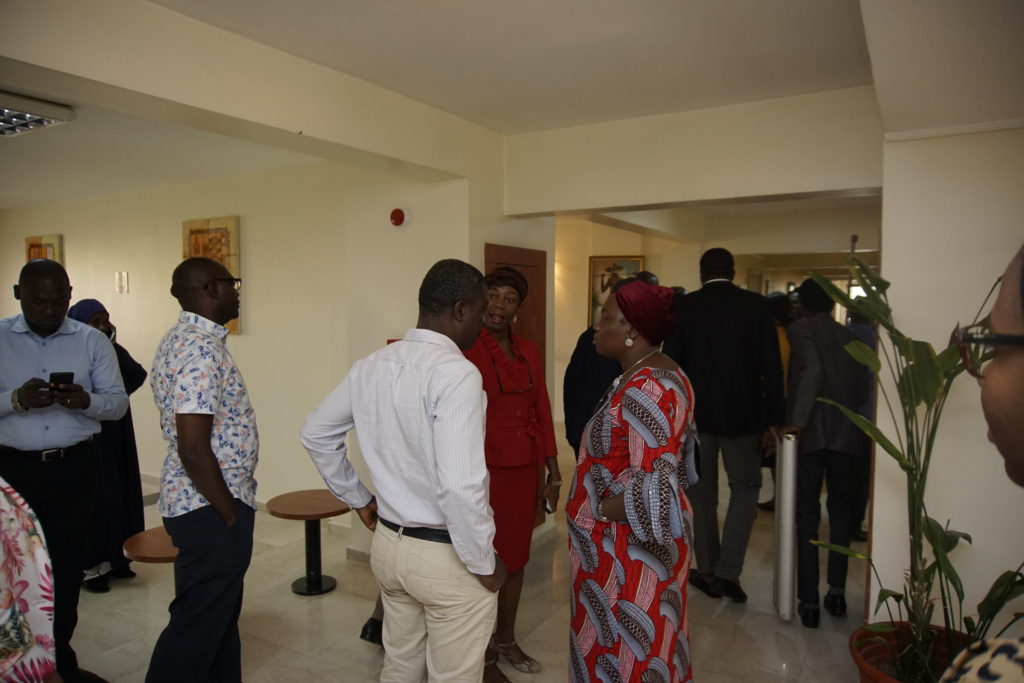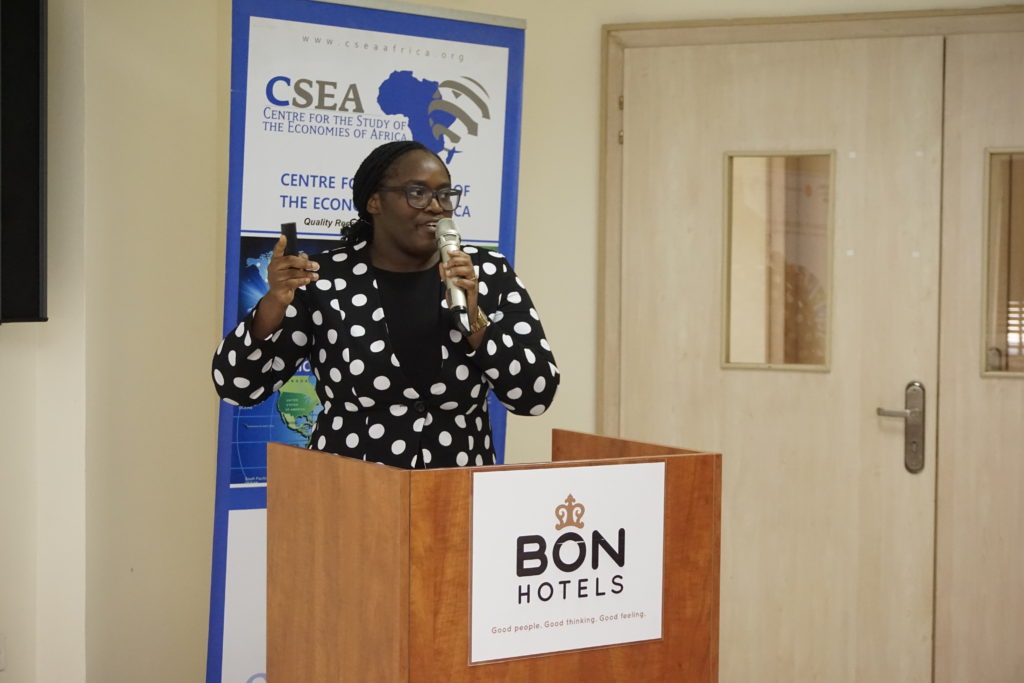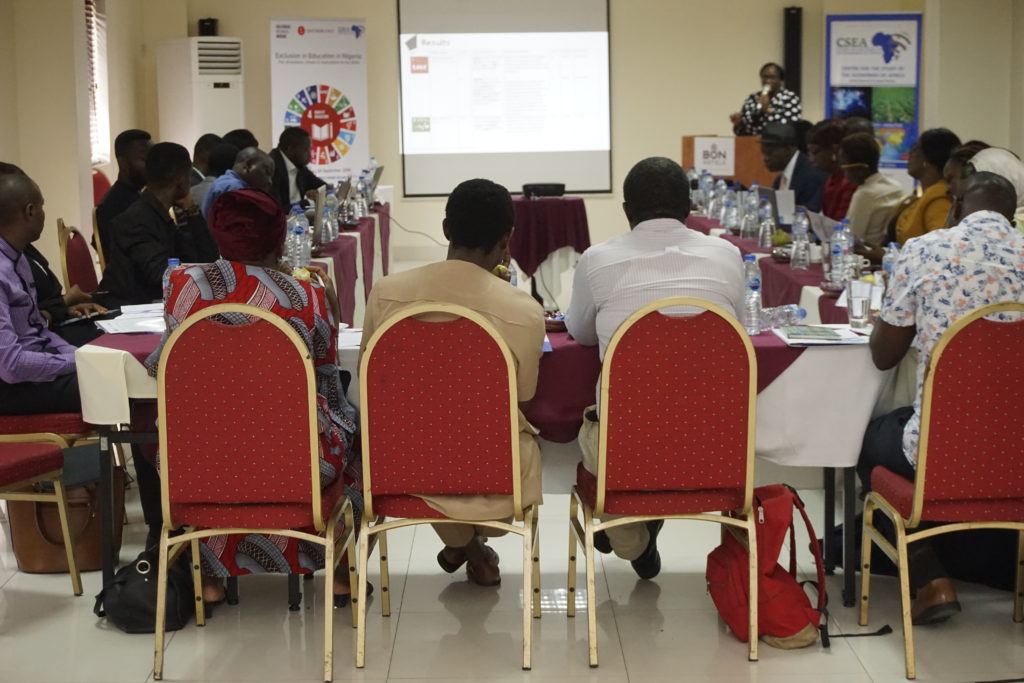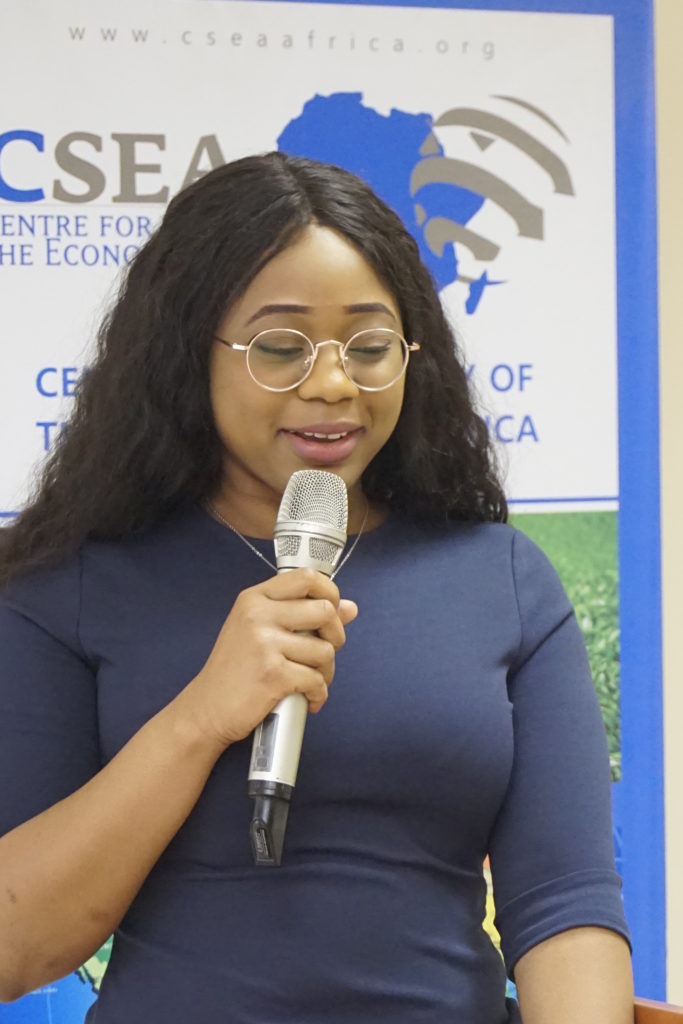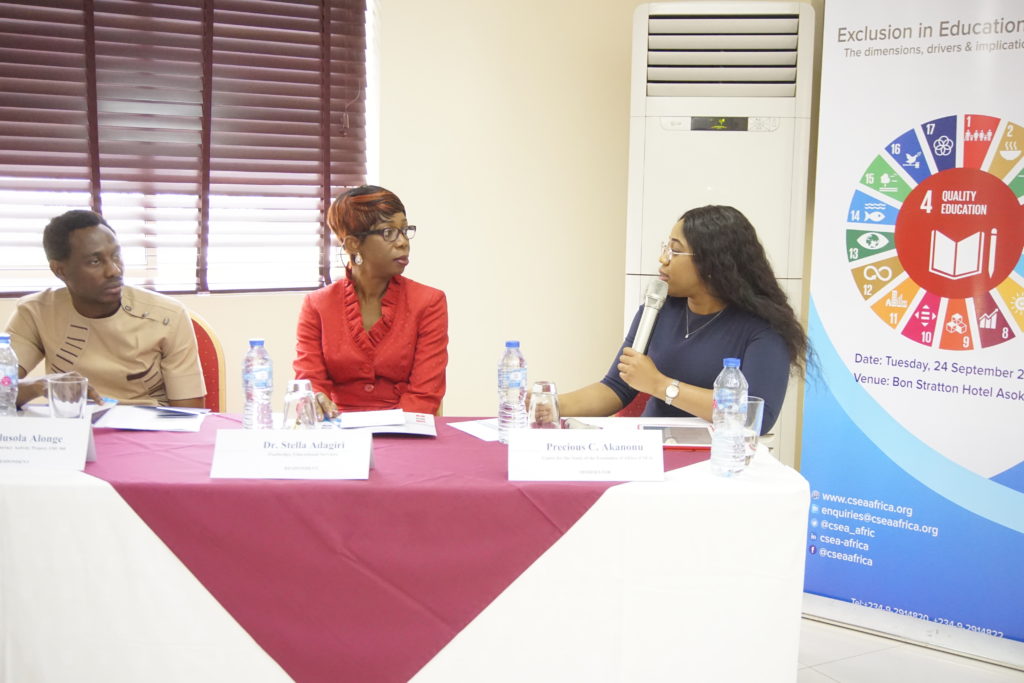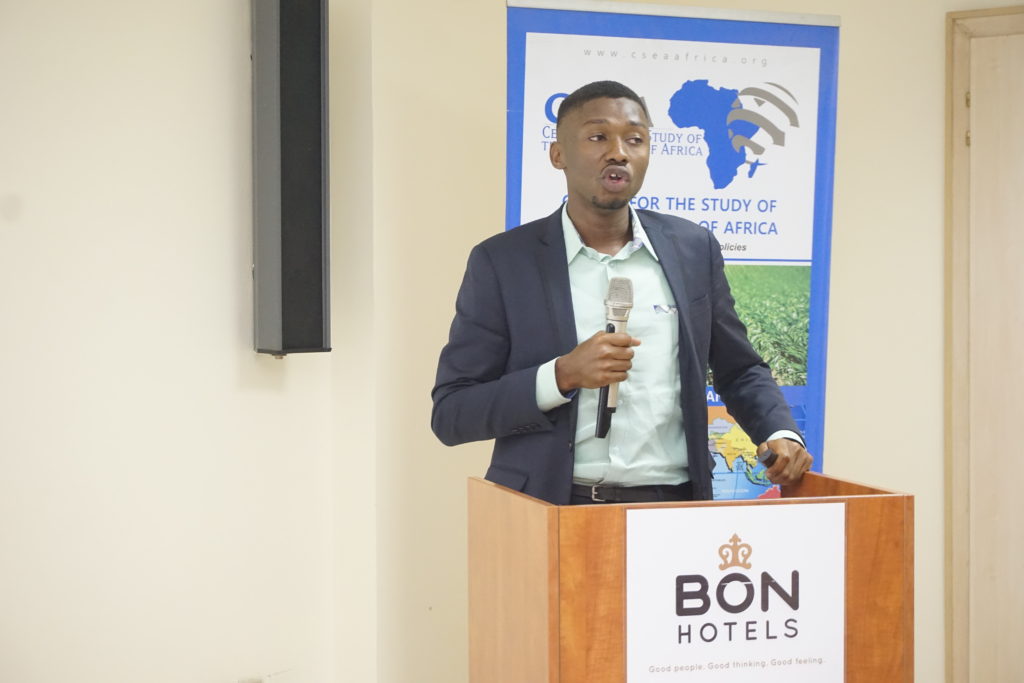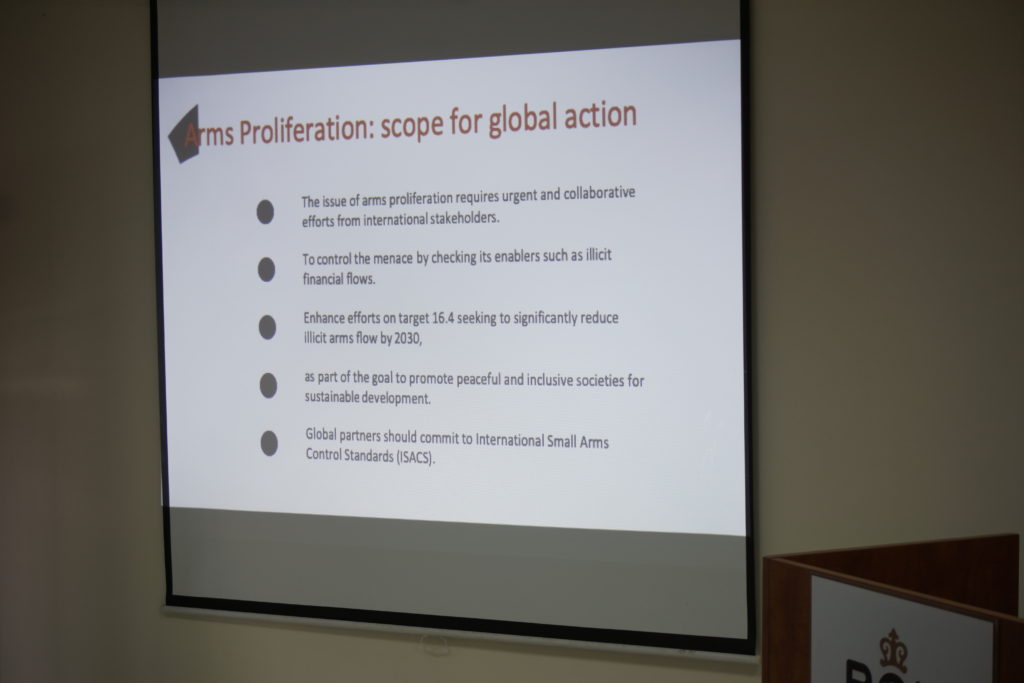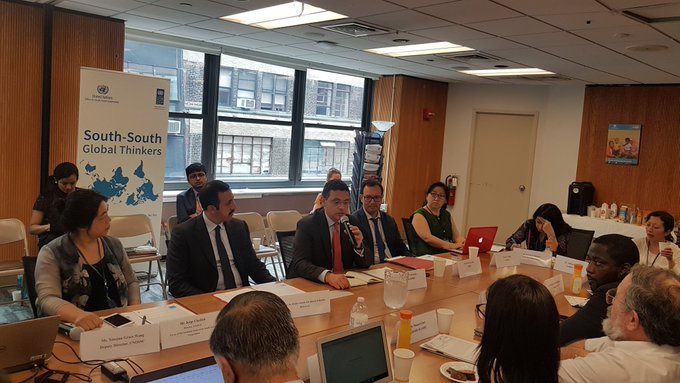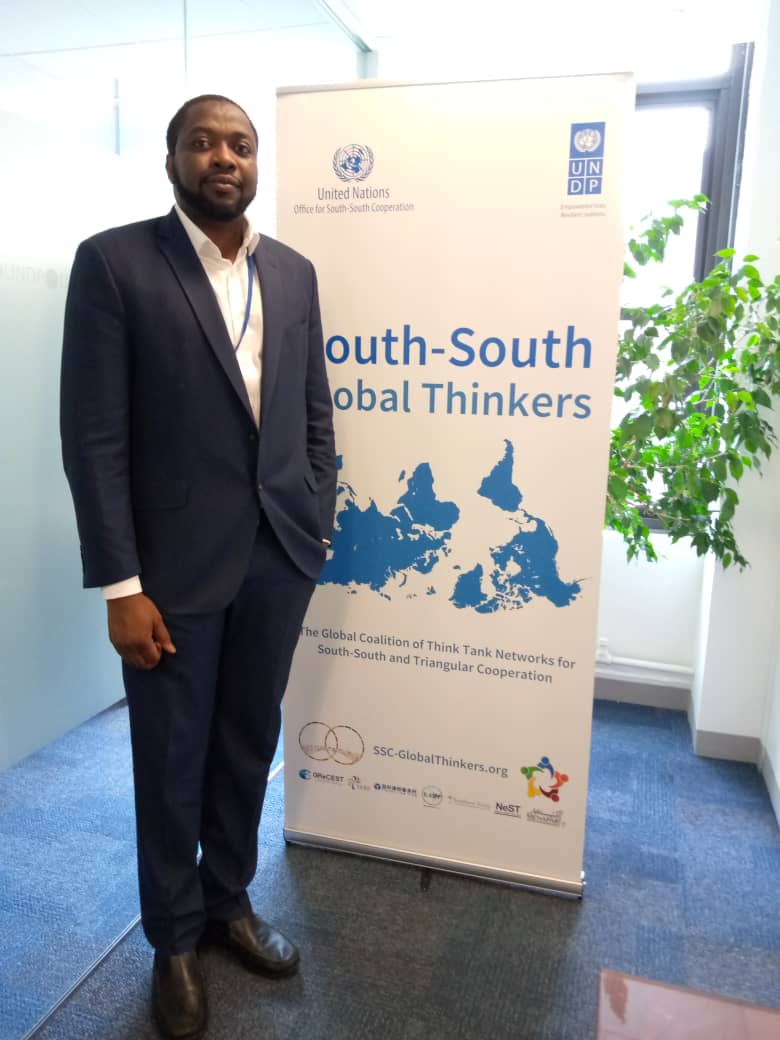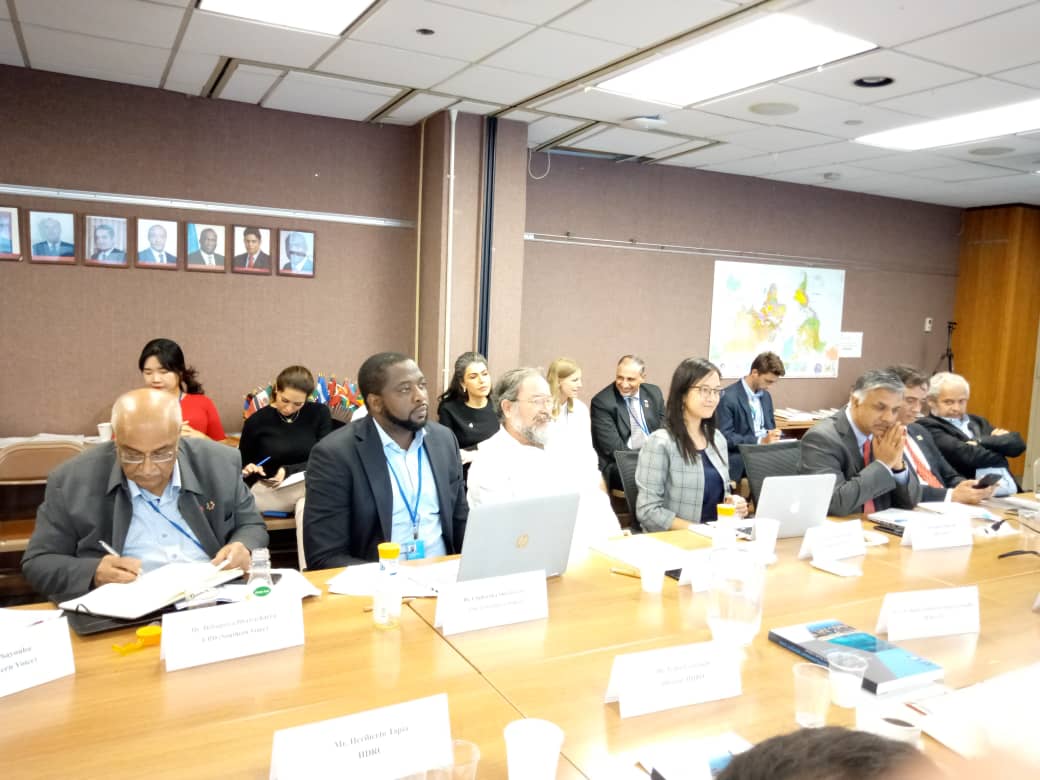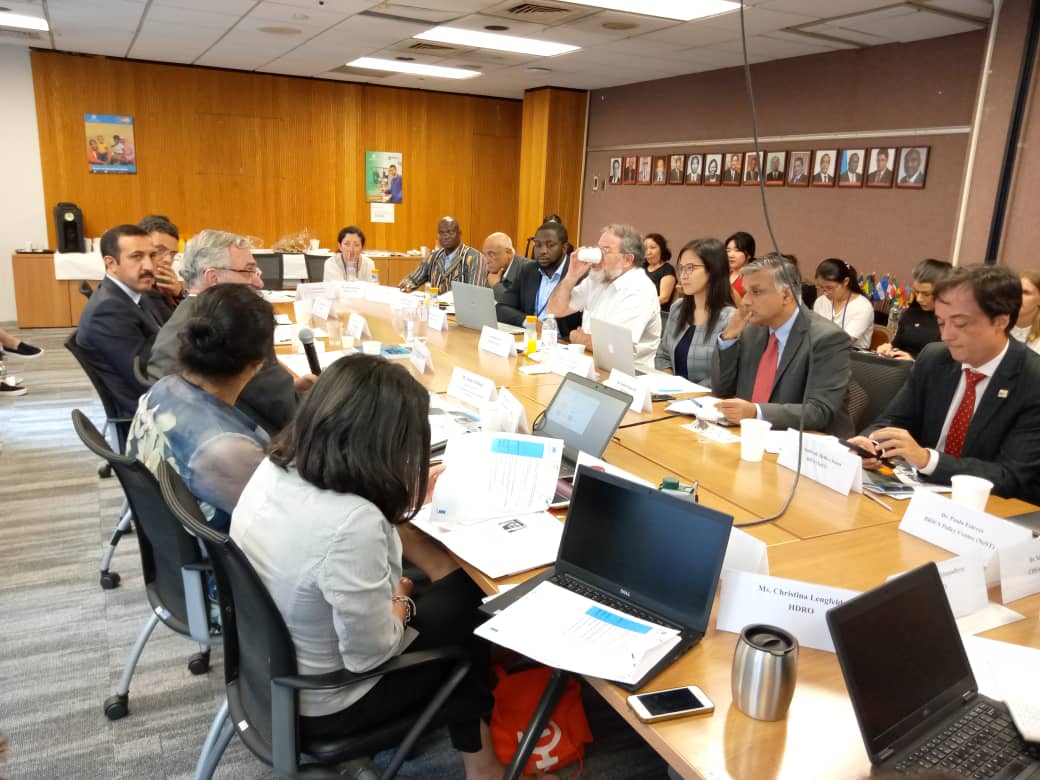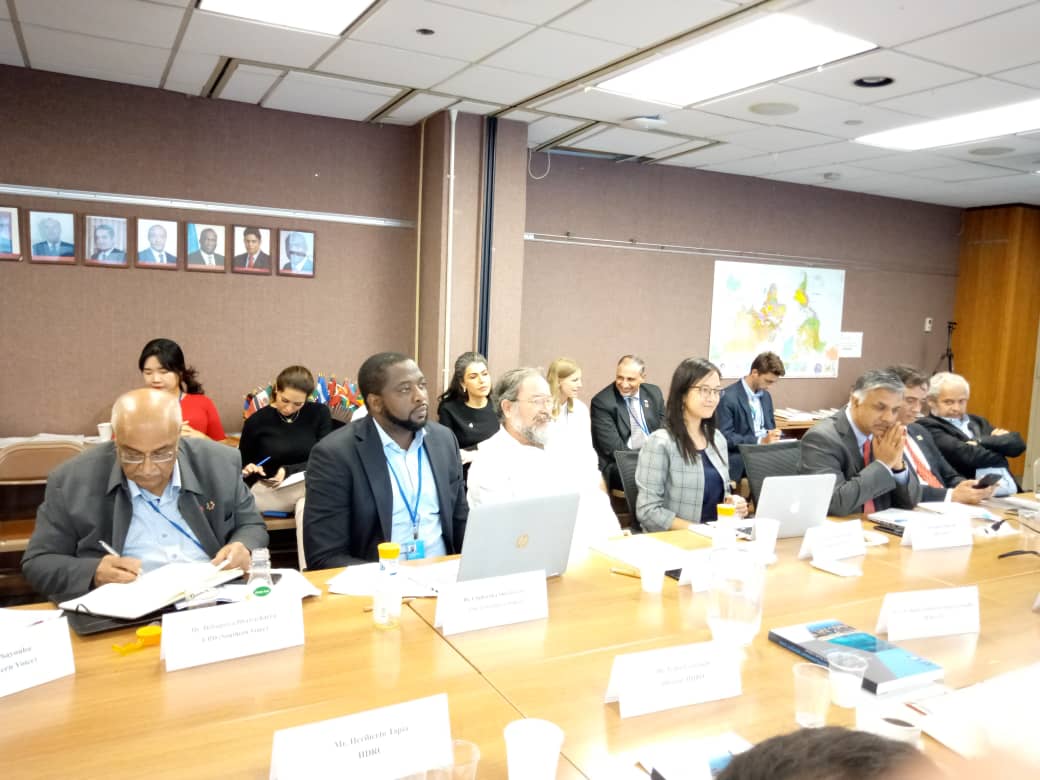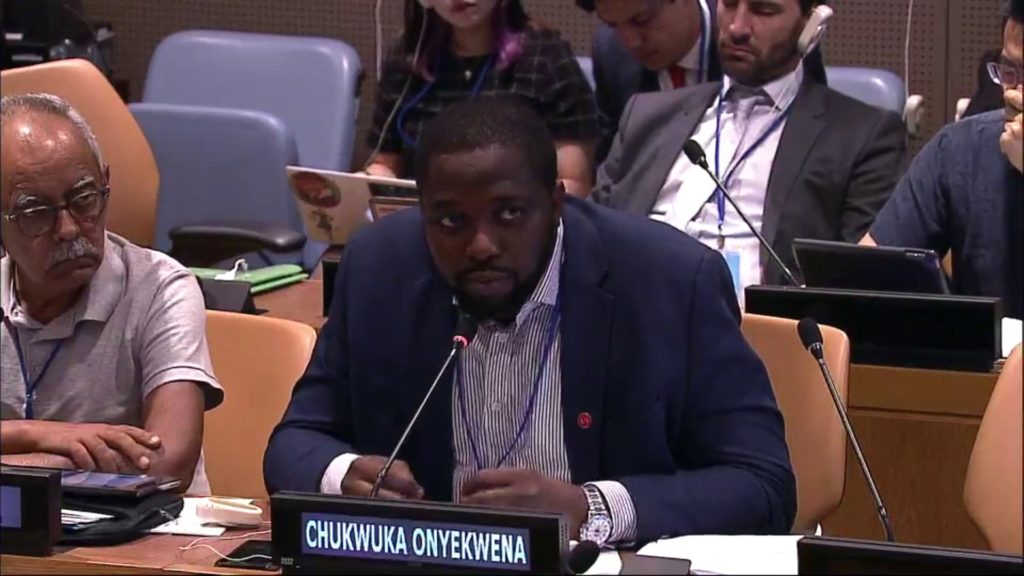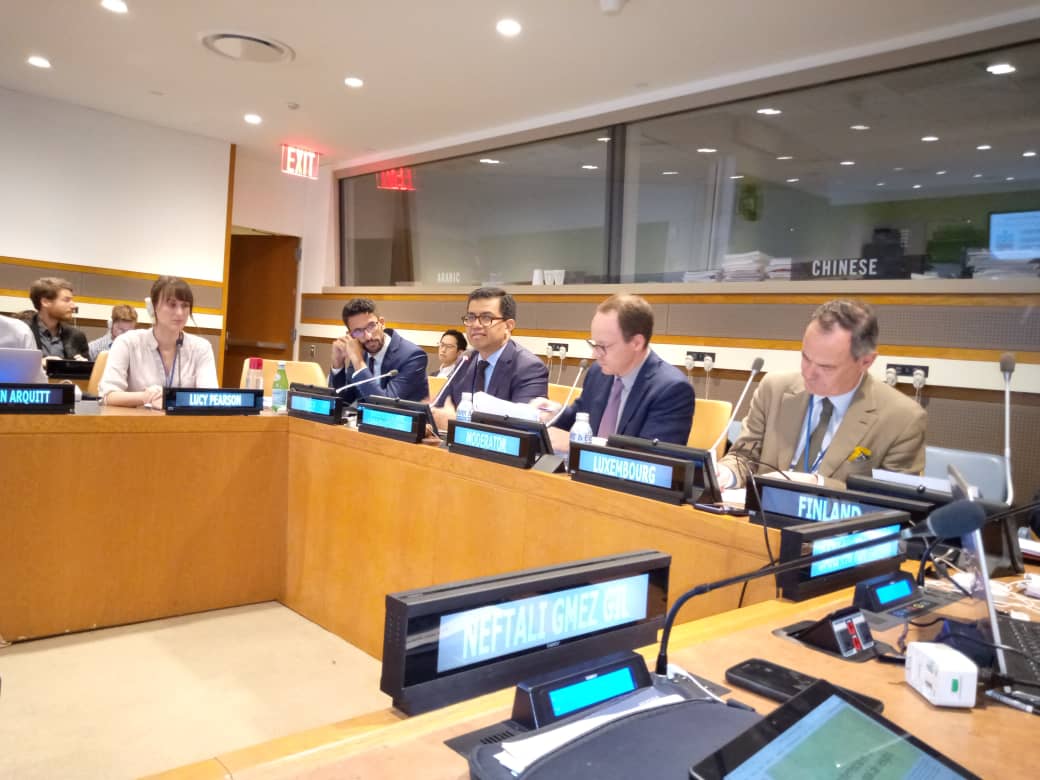SDG4 and the drive towards achieving Quality Education in Nigeria
As part of the 2019 Global Goals Week CSEA organised a dissemination event to present findings from a research project titled: “Exclusion in Education in Nigeria: The dimensions, drivers and implications for the SDGs”.
The event provided a platform for experts and stakeholders in the education sector to share knowledge, propose more actionable policy recommendations, and ensure that government implements them.
The research funded by the Southern Voice, as part of the State of the SDGs initiative, investigates three crucial questions:
- Exclusion in Education: Here, the study highlights the identified groups of people excluded in achieving quality education and the factors responsible for the learning gap.
- Understanding synergies and trade-offs in meeting SDG4 in Nigeria: the study examines the synergies between education and other relevant SDGs
- Global Systemic Issues: In this section, the role of global systemic issues in achieving quality education was highlighted. Specifically, the influence of arms proliferation, technology, and foreign aid in the attainment of SDG 4 in Nigeria.
Participants at the workshop agreed that there is the need for stakeholders in education to work on changing the narrative of social norms and other factors that are impeding girls and children from learning. Other key recommendations arising from the discussion sessions include: the need for collaboration between the private sector and government, improving schools' curriculum and also increasing funds allocated for the education sector in other to make learning outcomes more qualitative.
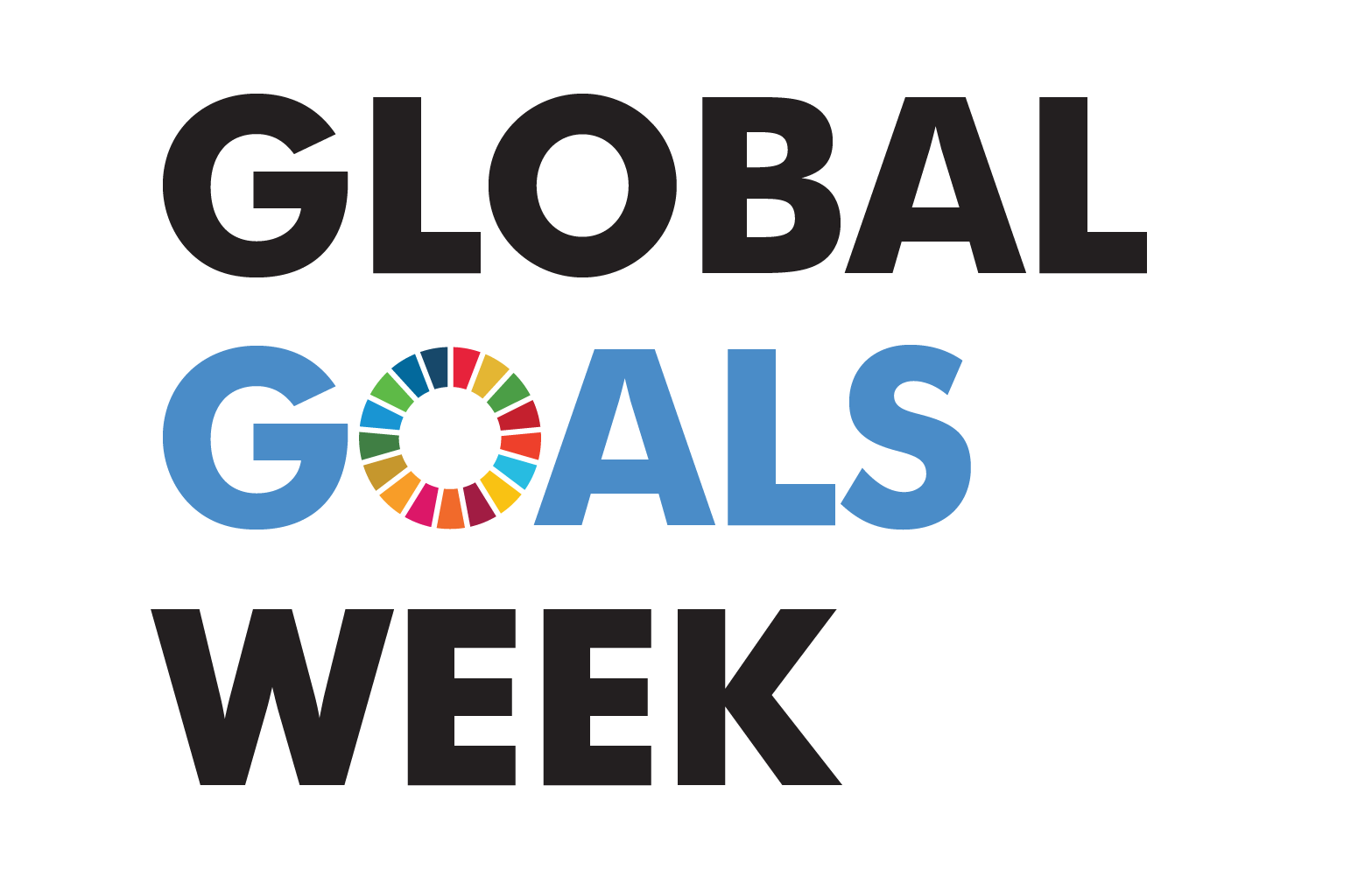 As education outcomes have great effects on all aspects of our lives, parents& leaders of local communities also have a major role to play towards improving enrollment in schools. Likewise, the state and local governments should strengthen efforts towards implementing educational policies.
As education outcomes have great effects on all aspects of our lives, parents& leaders of local communities also have a major role to play towards improving enrollment in schools. Likewise, the state and local governments should strengthen efforts towards implementing educational policies.


 English
English
 Arab
Arab
 Deutsch
Deutsch
 Português
Português
 China
China
